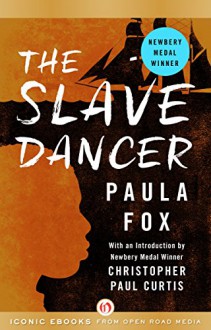
I am re-reading this series this summer. Fever Season is the second volume of the January Mysteries. In New Orleans, many people have fled the city because of the epidemic. January hasn’t, though he might wish he had.
Hambly’s series succeeds because she mixes history in with a smidge of gothic and compelling characters that confronted racial issues, not only in adjusting to how the Americans have changed New Orleans, but also with an institution that denies Ben his ability to practice medicine and forces him to earn money with his skills as musicians.
In this book as well, we are introduced to Rose, a mixed-race woman, who struggles to be a science teacher to those mixed-race girls who are destined to be concubines to the rich white men who control New Orleans society, much the same way Ben’s youngest sister is, as was his mother.
Livia, Ben’s mother, is perhaps one of the greatest things about this series. She was a field hand until she, and her two children, were sold and her new master freed her. She became his concubine, and this former master paid for Ben’s education and is the father of Dominque. Livia’s determination to ensure her family’s survival has alienated her eldest daughter, who has established herself in the free black community as a voodoo priestess. But Livia is a fascinating character because she knows and works the structure that is forced on her. She is far more aware of what is at stake than Ben is in many cases, and she appears unfeeling, uncaring, and driven only by money. But one wonders.
To review the plot of the novel would be to offer a major spoiler, but the plot does involve Ben trying to discover what has happened to a missing young escaped slave as well as who is trying to destroy his reputation. The fictional plot is interwoven with real history and New Orleans lore in a realistic and compelling way.

 Log in with Facebook
Log in with Facebook 









